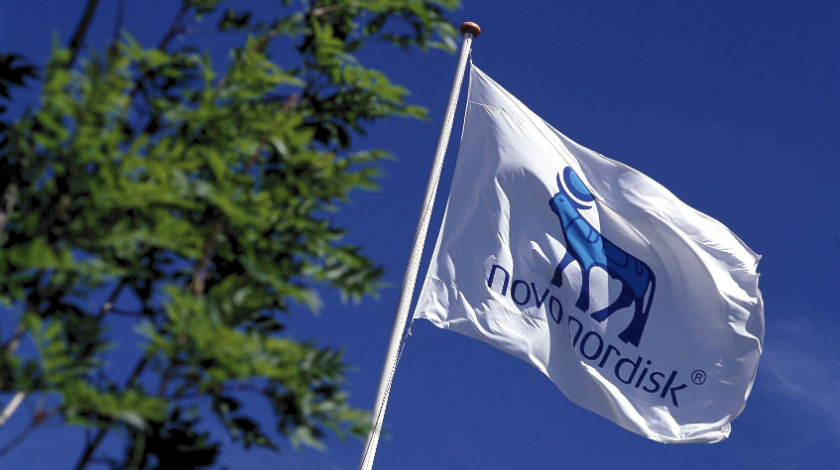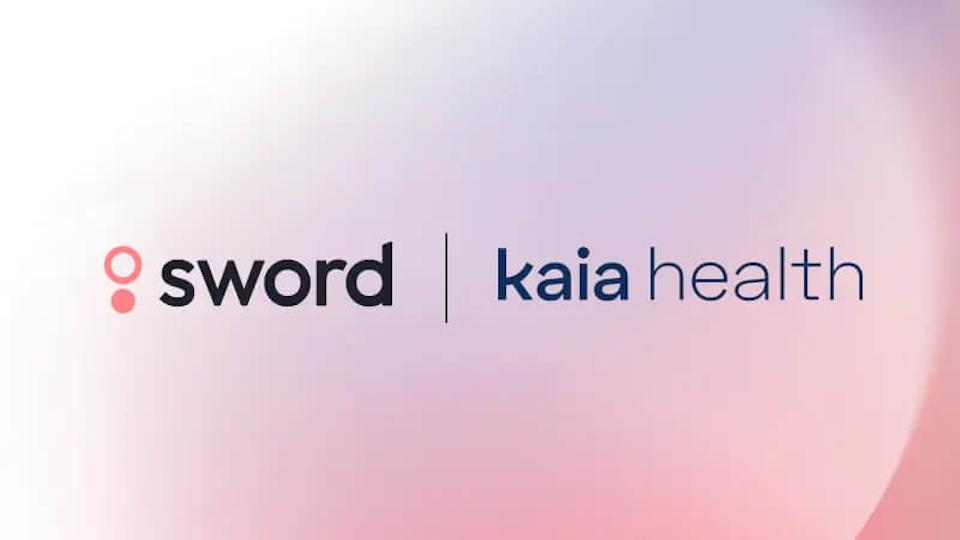Novo Nordisk joins with UVA in diabetes digital simulation project

Novo Nordisk has joined with the University of Virginia (UVA), in a five-year research collaboration where they will work together on developing virtual environments focused on digital simulations of patients with type 2 diabetes.
The tie-up aims to simulate the human metabolic system in different individuals with type 2 diabetes, and simulating virtual patient populations.
It will use UVA’s work within diabetes and knowledge on patient simulation and data-driven models within diabetes.
The project is part of Novo Nordisk’s digital therapeutics strategy and will first focus on creating a “virtual innovation lab” between Novo and UVA’s Center for Diabetes Technology.
The centre advances the use of technology, including analytics, to allow improved management, monitoring and therapies for patients with diabetes.
The Center is highly regarded in the technological treatment of diabetes and a hub of an international research network of US institutions and research groups in Italy, France, and Argentina.
UVA and Novo Nordisk will initially dedicate around 15 employees to the collaboration and expect the support to grow as the research develops.
Kenneth Strømdahl, senior vice president for device R&D in Novo Nordisk, said: “This important research collaboration reflects Novo Nordisk’s enduring commitment to innovation within the area of digital therapeutics and changing the lives for people living with type 2 diabetes.”
Novo is becoming increasingly active in digital health – in October it signed a tie-up with Noom to focus on using technology to help people with obesity lose weight and keep it off.
Noom uses artificial intelligence to provide behavioural coaching with input from more than 1,000 personal health coaches.
It also used data and wellness insights to guide people towards sustainable change.
In September Novo teamed up with Medtronic to provide integrated digital solutions for people with diabetes, allowing dosing data from the Danish pharma’s insulin pens to be shared with the US firm’s glucose monitoring devices.












